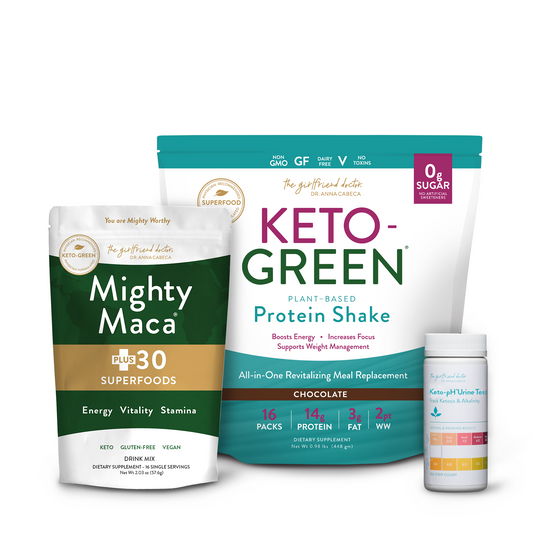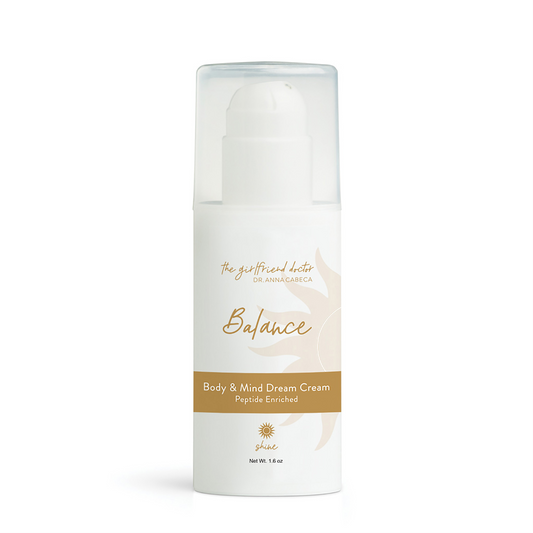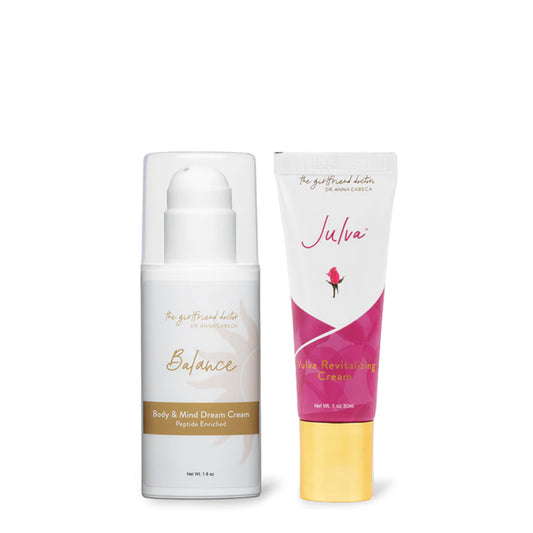Alcohol has a bad rap due to the abuse of what can be a beneficial substance when used in moderation. Yes, a little red wine can be healthy, but alas, too many people abuse it!.

So now the term “alcoholic” has given rise to another whole class of excesses termed “workaholic,” “choco-holic,” “sex-aholic,” etc.
So the ending of the word “alco-holic” has been conveniently tacked on the end of just about anything! Things that, although beneficial, if present in excess, soon cease to be beneficial! I’ve even heard “telephon-aholic” and “computer-aholic.”
Is Cortisol in Control of YOUR Body?
This colloquializing of a term is not generally done in a medical setting. However, the coined word “corti-holic” aptly serves the purpose of conveying something very true! It expresses the idea that the hormone cortisol, while extremely vital and necessary in moderate amounts, can actually be harmful if it accumulates to high levels in the blood. And indeed, it can almost reach the level of an addiction because no matter how much cortisol is present, the body craves even more!
Cortisol is a steroid hormone secreted by the adrenal glands located above the kidneys.
It is not inherently a good or bad hormone – it just does what it was designed to do, which is to help the body to respond to stress, challenge, or threat. Basically, cortisol controls how the body makes and uses energy in response to challenges or demands.
So, too much cortisol is bad. Too little cortisol is even worse. Cortisol in perfect balance with other hormones will optimize health. Other hormones, such as oxytocin (our love and bonding hormone!), help counter cortisol from being in control.
QUIZ TIME! Take my Oxytocin Quiz to understand if cortisol is in control of YOUR body.
WHAT’S HAPPENING WHEN CORTISOL IS IN CONTROL?
There are several factors that determine how much cortisol we have at any given moment. Time of day and blood sugar levels are two important regulators of cortisol. However, stress is the most important variable which relates to maintaining a healthy balance of cortisol.
Some examples of stress are:
- mental and physical strain from working long hours,
- viral and bacterial infections,
- too little or too much exercise,
- strained interpersonal or familial relationships, and
- exposure to toxins in air and water.
And nowadays, there is so much “electronics” stress…including too much focus on one’s cellphone (versus the people sitting across from them!) as well as the stress of everyday news…ughhhh… And who doesn’t get stressed keeping up with their social media accounts?
Stress Can Be Good
Life cannot be lived without some stress, and stress is actually beneficial in keeping fit and ready for challenges. But only if the stress is not constant and unrelenting over a long period of time. However, if you are a “stress-aholic” (there I go again!), chances are you are a “corti-holic” as well.

When extra demands are placed on a person’s body, mind, or emotions, the adrenal glands secrete both adrenaline and cortisol in response to the stress.
While the adrenaline stimulates the autonomic nervous system to cause increased heart rate and breathing in response to the perceived threat, cortisol normally helps to counteract the effects of the stress or threat. For instance, it aids in the release of insulin, helps bring blood sugar back to normal levels, regulates blood pressure and immune function, and lessens inflammatory responses in the body.
It also provides a quick energy fix, heightens mental alertness, and temporarily raises the body’s pain threshold. Thus it aids adrenaline in heightening the potential for a quick response to stress, and then it helps to counteract any harmful effects and return the body back to its normal unaroused state of relaxation.
After cortisol has accomplished its task, the adrenal glands normally cease secreting both adrenalin and cortisol for the time being, and although cortisol remains in the blood, its level drops significantly (until the next stress occurs)! This gives the adrenals and the heart, lungs, and brain to return to their usual functional levels.
Adrenal Fatigue Sets In

If you are a “stress-aholic,” though, and your life consists of constant unrelieved stresses at almost every turn, the adrenal glands keep on responding with no chance to normalize, resulting in excess cortisol levels in the blood.
Some harmful effects of a consistently raised cortisol level are high blood sugar, high blood pressure, immune system suppression, protein catabolism (the body breaks down protein from its own muscles for energy), insomnia, and even hypothyroidism.
So, now you are a “stress-aholic” and your adrenal fight-or-flight response is also causing you to be a “corti-holic,” meaning you have too much cortisol in the blood already, but because your adrenals are never allowed a rest your body still craves even more cortisol!
Balance is Key
And if the stress continues it can lead to something called “adrenal exhaustion.” This is a condition in which your adrenal glands are so over-worked they break down and become unable to secrete not only cortisol but also many other beneficial hormones like progesterone, DHEA, and pregnenolone.
This can be a serious condition which can end you up back where you started, with not enough cortisol in your blood. In other words, a cortisol imbalance is a vicious circle. So you can see how balance is the key word with cortisol, as with hormones in general.
Yo-yo’ing up and down or having way too much or way too little cortisol can have dire effects.
What Can You Do About Adrenal Fatigue?
If you have been diagnosed with adrenal fatigue or exhaustion, sometimes your doctor may prescribe cortisol supplements. This can be a helpful temporary measure to help re-set or re-invigorate your adrenal glands to begin secreting cortisol again by themselves.
However, long-term cortisol use can shut down the adrenals completely, which has a harmful effect on hormonal balance in general, since the adrenals are a vital part of the endocrine system. Here again, moderation is the key. Any time we use too much of a good thing for too long, that’s when we can become “-aholic” or harmfully affected by it.
There are other supplements you can take which will help restore healthy adrenal function, including zinc, and also what are called “adrenal glandulars,” supplements made up of actual adrenal gland tissue, usually from either pigs or cows. Some manufacturers use the whole adrenal gland, and others use just the adrenal cortex, which is called adrenal cortical extract. Somehow the extracts from the healthy animals’ adrenal tissue helps human adrenal glands to repair themselves so they can function normally again.
An adrenal glandular can be a good source of adrenal support supplements for mild to moderate cases of adrenal fatigue, as can bio-identical supplements of the hormones DHEA and pregnenolone, hormones which are normally secreted by the adrenals as well, and may help to stimulate the adrenals to begin working normally again.
Specific supplementation I recommend can be found in this detailed article on stress and correcting adrenal fatigue.
For longer-term adrenal health (and to start feeling better!)

Please check out the linked article referenced above…it contains a lot of great information with specific supplementation and lifestyle strategies discussed in the second half of the article.
You’ll see that I always recommend more than just supplementation as a long-term strategy. To me, there are so many aspects of your life that affect your adrenal health – with stress being just one of them. I also feel that diet (I recommend a keto-Green lifestyle…find out why here) as well as many other aspects of your lifestyle can greatly affect your adrenal and overall health.
Don't forget to take the free oxytocin quiz mentioned earlier… oxytocin helps balance the cortisol in your life! It is the love and bonding hormone and is so easy for you to immediately increase, on your own!
There are also several free webinars…one focused on overall hormone health and one specifically focused on improving sexual health and intimacy. Check them out to see if either (or both) resonate with what’s going on in YOUR own life…
Finally, put away the technology while eating dinner! Think positively about your life! Connect with an old friend! These types of healthy lifestyle changes – which balance challenges and stresses with rest and relaxation – are the best antidote both for “stress-aholism” and for “corti-holism”!







